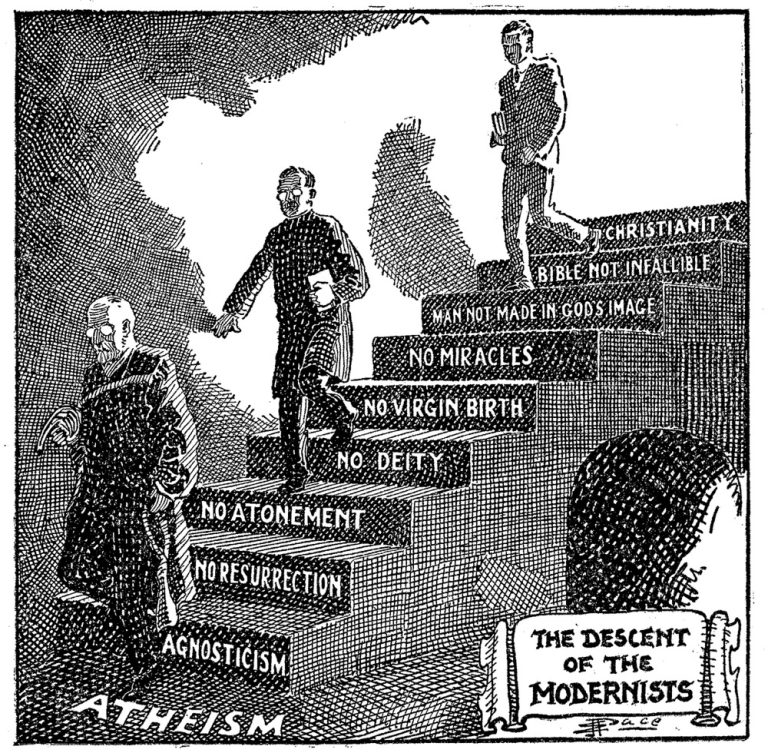The preceding columns were presented with some trepidation. Frankly, they began with a great fear that The Church in America was about to be damaged by an organizational misstep that would put a layer of bureaucracy between the Parish Priests and their Bishops.
Over the course of last week, it became apparent that one underlying motivation for this “new layer of bureaucracy” had to do with the need for funding Catholic Schools. It was hoped that by accessing the “bank accounts” of parishes, that the funding could be provided.
And, it could, but only for a short time.
Abraham Lincoln said, in his address at Gettysburg, “We are engaged in a great civil war. . .” I respectfully suggest that we, today, are similarly engaged. Our own “great civil war”, however, is not so much with each other, but with technology.
Long time readers know that Catholic Fundamentalism sees most societal disruptions as being largely caused by technological advancements and those who resist them. The Programmer programs people who see new and better ways of doing things in every age, and programmed those mired in the past to fight for tradition. The ongoing tension thus provided in every age gives each person an opportunity to choose to love their neighbors or hate them, thus helping to provide the necessary opportunities to exercise our free will that will lead us to one place or another.
Today, one battle in our own age’s “civil war” is between those who are still mired in the vast and dying print/paper industries, which includes most educational processes, and those who have begun to swim in the wonderful new flow of electrons. If Catholic Schools are to survive, they must move away from the print/paper practices of the past and dive into this new, and vastly less expensive, process of Computerized Intergenerational Information Transfer.
In fact, this “civil war” is actually a “revolutionary war” between those of us who see the joys of being set free from more earthly, expensive, and complicated information transfer methodology of the past. It is a continuation of the same war that Jesus fought when He brought the Word directly to those who would believe in Him. His battle was with those who worshipped the process they developed more than He Who programmed those processes.
The Church may be seen, in some degree, as being “paralyzed” by the high costs of maintaining salaries and structures necessary to provide intergenerational information transfer in the old, slow ways. Computerized Intergenerational Information transfer can, if the bishops decide, let us “throw away our stretchers and walk”.
CIIT (computerized intergenerational information transfer) can make every priest and parent a teacher, every church a school, and allow every Catholic student access to the finest education it is possible to have.








